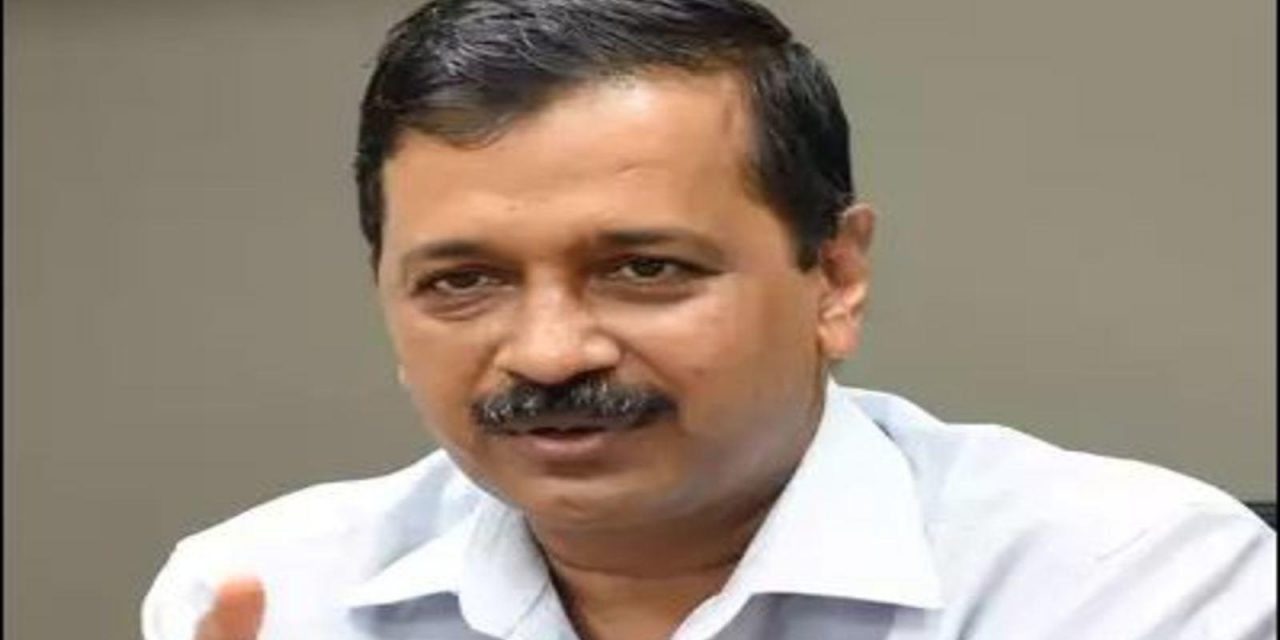17 February 2020
In the February 2020 Delhi Legislative Assembly election, the Aam Aadmi Party (AAP) won 62 seats and BJP eight out of a total of 70 assembly. AAP was formed to fight corruption. AAP in English means common man’s party. In the 2015 Delhi Legislative Assembly election, AAP won 67 of the 70 seats in the assembly. Among two national political parties, the Bharatiya Janata Party (BJP) won 3 seats.
In the February 2020 Delhi Legislative Assembly election, the Aam Aadmi Party (AAP) won 62 seats and BJP eight out of a total of 70 assembly. AAP was formed to fight corruption. AAP in English means common man’s party. In the 2015 Delhi Legislative Assembly election, AAP won 67 of the 70 seats in the assembly. Among two national political parties, the Bharatiya Janata Party (BJP) won 3 seats.
The AAP has its origins in the India Against Corruption movement organised by Anna Hazare, Arvind Kejriwal and some other social activists who had been involved in Team Anna, a strand of the anti-corruption movement for a Jan Lokpal Bill that had gained momentum in India during 2011 and 2012. Hazare had wanted to keep the movement politically neutral but Kejriwal considered that direct involvement in politics was necessary to make progress regarding the Jan Lokpal Bill. Kejriwal broke away from Team Anna and formed AAP. Jan Lokpal Bill was aimed at creating a constitutional ombudsman who will investigate corruption allegations and punish corrupt persons at national level. Jan Lokpal Bill was passed on 27 December 2011 with some modifications. However, Hazare and his team, as well as other political parties, claimed that the Lokpal Bill passed was weak, and would not serve its intended purpose. As of now, the amendments to the Lokpal Bill is awaiting the approval of the ruling BJP for many years.
AAP made its electoral debut in the 2013 Delhi Legislative Assembly election, where it emerged as the second-largest party, winning 28 of the 70 seats. With no party obtaining an overall majority, the AAP formed a minority government with support from the Indian National Congress. AAP could not introduce Jan Lokpal bill because the other major parties would not support this bill. The AAP government resigned after being in power for 49 days.
AAP did not rely only on anti-corruption drive. It looked at problems in the Delhi state concerning water, electricity, women’s safety, clean air and better schools. They did their best to solve some of these problems.
Prime Minister Modi of BJP also championed anti-corruption. He was prepared to lose everything for his anti-corruption drive. This was demonstrated in his demonetisation of the Indian currency. But the Citizenship Amendment Act was his major setback in the Delhi polls.
Average Indian is not concerned about corruption in the country. He wants their immediate need satisfied.















